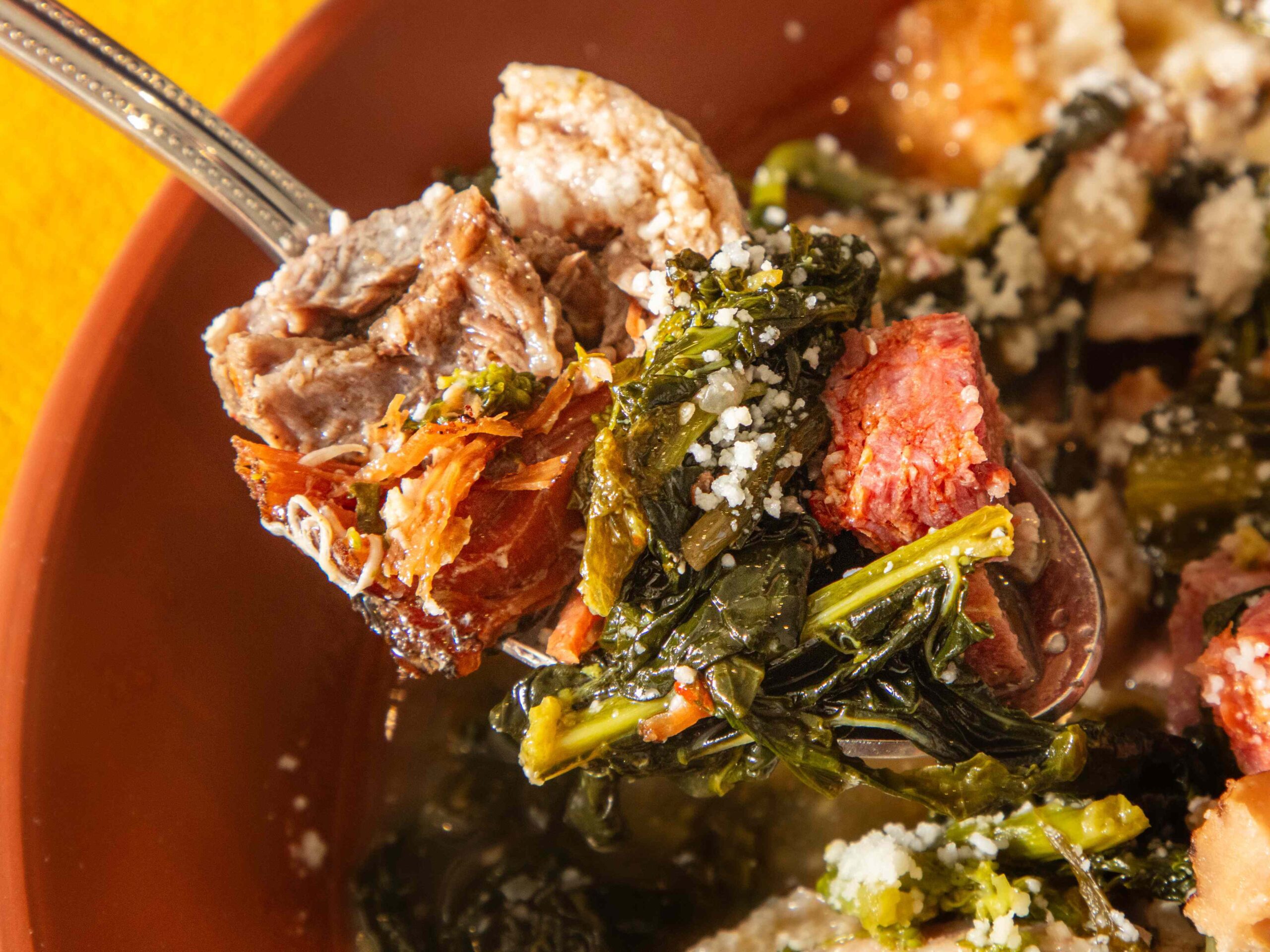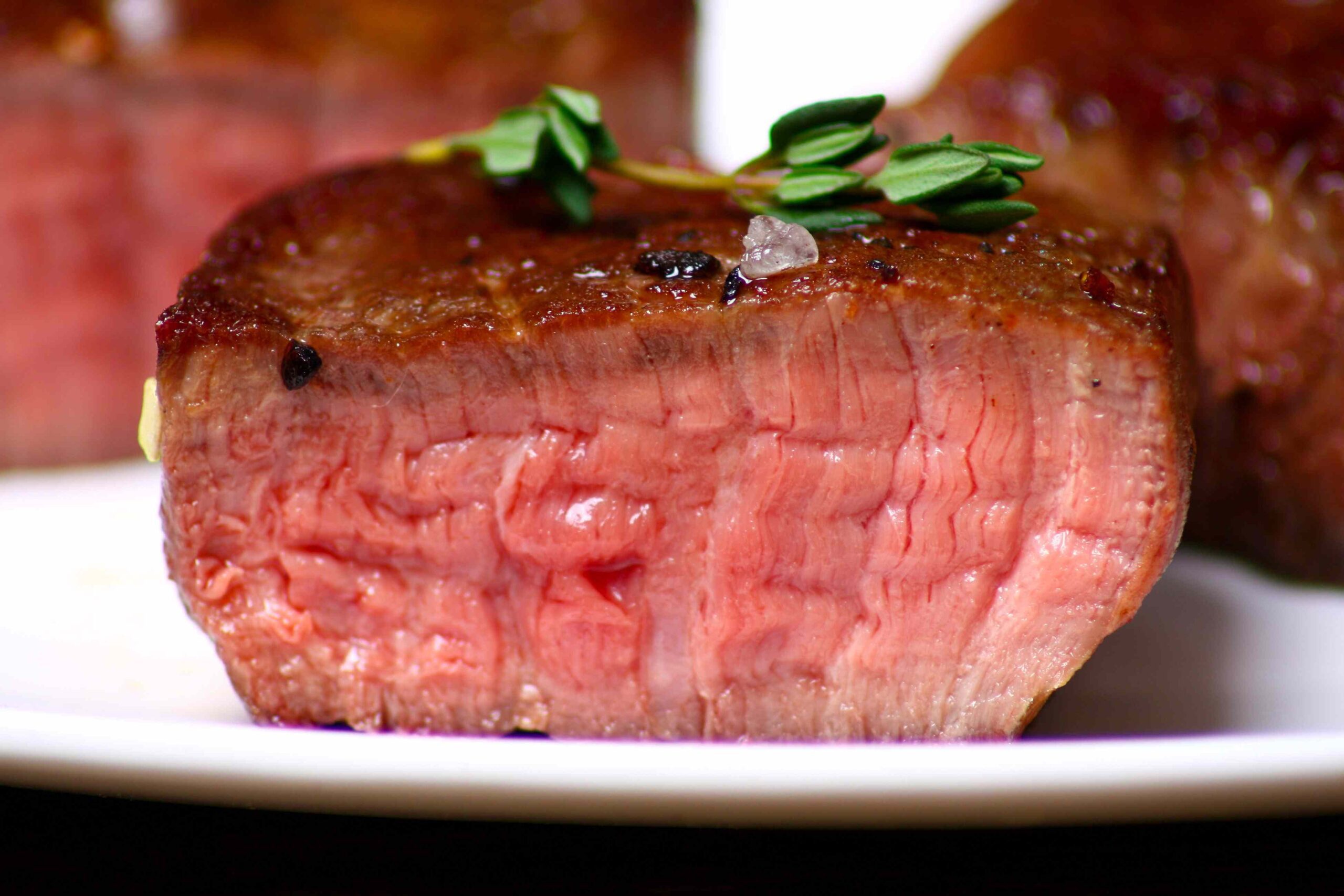
Six extra states are altering the foundations round what meals you possibly can and may’t buy utilizing the Supplemental Nutrition Assistance Program (SNAP), the U.S. Department of Health and Human Services (HHS) revealed this week.
According to the announcement, SNAP waivers for West Virginia, Florida, Colorado, Louisiana, Oklahoma, and Texas had been signed on August 3, amending the “statutory definition of meals for buy” and ending the “subsidization of common kinds of junk meals starting in 2026.” These states be part of six others that signed waivers enacting SNAP reform earlier this yr.
Here’s what these modifications imply for the tens of millions of Americans that depend on this important program for meals purchases.
What is SNAP?
Food & Wine / USDA
SNAP is a federally funded program that acts equally to money for many who want help with buying meals. As Feeding America explains, “SNAP supplies month-to-month funds to purchase groceries. It is the most important anti-hunger program in America, serving to over 41 million individuals in 2022.” That quantity equates to about 12.5% of the United States inhabitants.
The program, run by the USDA Food and Nutrition Service, supplies individuals with a card they’ll swipe or faucet like a bank card to pay for meals. “You can use it at native shops or farmers’ markets for groceries. The quantity is dependent upon your earnings and household measurement,” Feeding America provides.
Who is eligible for this system is decided on a state-by-state foundation. However, the USDA notes that typically, your family should meet each the gross and internet earnings limits it units for every family measurement, with gross month-to-month earnings falling at or beneath 130% of the poverty line and 100% of internet earnings at or beneath the poverty line.
If a family is eligible, it is going to obtain an “allotment” of complete meals advantages every month. The USDA particulars, “Because SNAP households are anticipated to spend about 30% of their very own sources on meals, your allotment is calculated by multiplying your family’s internet month-to-month earnings by 0.3 and subtracting the consequence from the utmost month-to-month allotment on your family measurement.”
Historically, waivers have additionally been used for supporting members and increasing eligibility throughout occasions of low employment within the U.S., the Center for Science in the Public Interest explains. That included in the course of the pandemic, as waivers gave “states flexibility to adapt this system and ship companies nearly.”
Which meals are being banned?
The new waivers, which go into impact in 2026, imply households will not be capable to buy merchandise like soda or sweet utilizing their SNAP advantages. Some argue that this implies households can not purchase items that could be utilized in celebrations like birthday events or gatherings. However, the reforms differ state by state.
Newsweek reported that in Texas, the modifications will ban soda, power drinks, sweet, and ready desserts from SNAP advantages, whereas in Colorado and West Virginia, solely tender drinks shall be off the desk. Nevertheless, the modifications align with HHS Secretary Robert F. Kennedy Jr.’s Make America Healthy Again motion.
“For years, SNAP has used taxpayer dollars to fund soda and candy — products that fuel America’s diabetes and chronic disease epidemics,” Kennedy shared within the announcement. “These waivers help put real food back at the center of the program and empower states to lead the charge in protecting public health. I thank these governors who have stepped up to request waivers, and I encourage others to follow their lead. This is how we Make America Healthy Again.”
Unfortunately, this interpretation of how households use SNAP is probably going an oversimplification of what number of Americans entry meals.
“The subject is not about people misusing their advantages however their restricted decisions. In many rural areas and meals deserts, comfort shops and fast-food chains are sometimes the one accessible choices,” Kavelle Christie, a well being coverage and advocacy knowledgeable and director on the Center for Regulatory Policy and Health Innovation, advised Newsweek. “For many households, contemporary produce and wholesome meals are luxuries which might be unattainable, not as a result of they are not looking for these meals, however as a result of they’re unavailable or too costly.”
The Center for Science within the Public Interest notes that whereas there aren’t any outcomes accessible from earlier waivers proscribing particular purchases — as that is the primary time restrictive waivers have been allowed in follow — systematic fashions and opinions point out that restrictions may result in a lower in purchases of sugar-sweetened drinks (SSB).
It explains, “Modeling research discover that restrictions may reduce consumption amongst kids and will cut back diet-related chronic disease prevalence amongst adults. But randomized managed trials carried out in 2016 and 2024 discovered no vital variations in weight loss plan high quality amongst research members who obtained an SSB restriction versus the management group.”
It additionally cites the USDA’s’s research, which confirmed that SNAP members battle with wholesome consuming not as a result of they lack an understanding of what’s wholesome, however relatively as a result of wholesome meals is just unaffordable, a difficulty that’s solely worsening within the U.S.
Have different states handed SNAP waivers?
SNAP restriction waivers for Nebraska, Iowa, Indiana, Arkansas, Idaho, and Utah had been signed in early 2025, although authorities officers say they’re hoping extra states will observe go well with. Although the exact restrictions could differ from state to state, all of them have banned soda or tender drinks, and several other have banned sweet.
“I hope to see all 50 states join this bold common sense approach. For too long, the root cause of our chronic disease epidemic has been addressed with lip service only. It’s time for powerful changes to our nation’s SNAP program,” FDA Commissioner Dr. Marty Makary famous within the HHS’s announcement. “The goal is simple — reduce mass suffering from diabetes, obesity, and other long-term medical conditions. I applaud the leadership of Secretaries Rollins and Kennedy and President Trump in going bold.”





